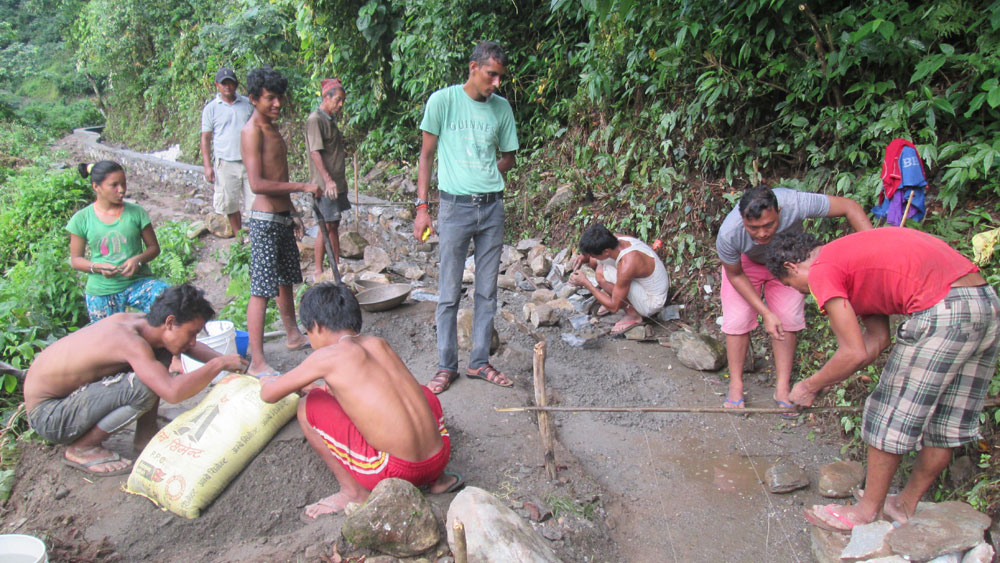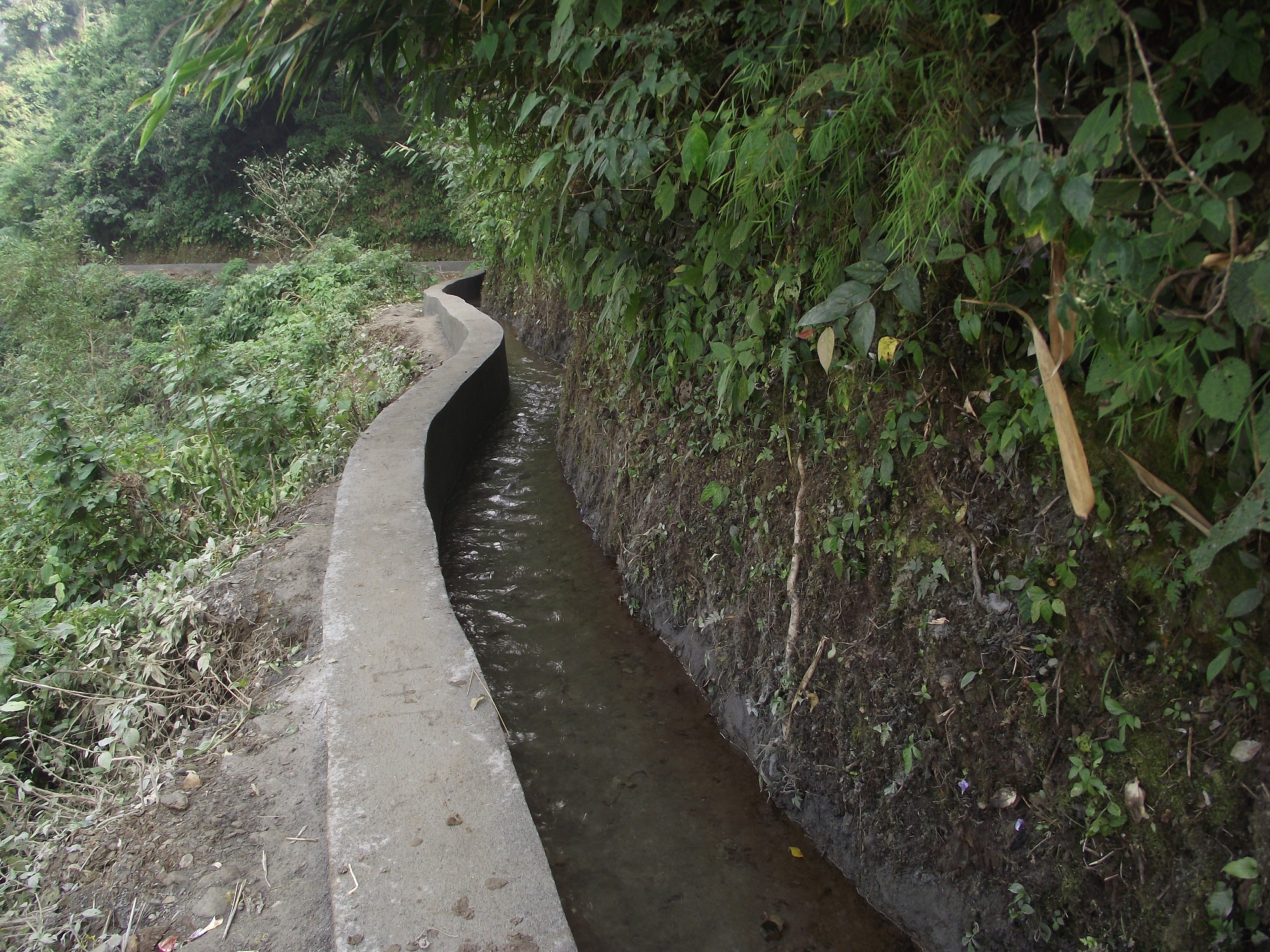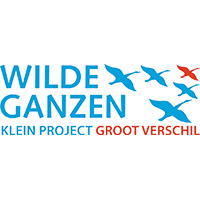10-07-2018
Gundi is a small and poor village in the Chitwan district (south Nepal). Most of the inhabitants are Chepangs .The Chepangs are a Tibeto-Burman people group. Over the past two or three generations, the Chepangs have begun to shift from a semi-nomadic (slash-and-burn) lifestyle to a more settled way of life, relying upon harvesting from fields of maize, millet and bananas. As there is no stable irrigation, the villagers struggle to produce sufficient crops to feed their family.
In this project, 37 household (204 people) will directly benefit by irrigating 10.09 hectares of farmland. The expected outcome is to raise the number of harvest from two to three per year, which will have a significant impact in the lives of the villagers.
Wilde Ganzen (Wild Geese Foundation) supports people in developing countries in their efforts to achieve a better future for their community. Their support is aimed at tangible, small-scale projects for and by the people themselves, without discrimination concerning race, language, religion, gender or sexual orientation.
Unica Foundation has a good cooperation with Wilde Ganzen. We worked together to support a blind school in Simikot in the remote mountains of north-western Nepal, by providing solar power to run their lecturing computers. We are very happy Wilde Ganzen decided to support our Gundi irrigation project as well.
Shanti Griha Nepal (SGN), a Nepalese NGO, has been active in the Chepang region since many years and Unica Foundation has supported them since 2015. We worked together to build an irrigation channel for the Dihitar community and handed it over to the community in 2016. SGN is going to implement the Gundi Irrigation Project as well.
This project has started from January and is estimated to be ready in November. So far approximately 20% of the construction work has been completed. The preliminary part was initiated in January but due to landslides the original sources got too little capacity. A new plan including a water storage system was designed, using pipes instead of concrete channels on most parts of the system.












